The purpose of the Ph.D. in Radiation Biology is to prepare students for careers in radiation biology, oncology, and security. This is a broad interdisciplinary field that bridges various fields and provides the scientific method to certain industrial sectors. A Ph.D. in Radiation Biology will prepare you to be a senior researcher in these areas. This is a four-year program, and the coursework can be completed in as little as two years.
The curricular structure focuses on a solid scientific foundation and specialized knowledge. The goal is to stimulate scientific abilities, foster honesty, and increase adaptability to new environments. The Ph.D. program is designed to provide a unique research Ph.D. program with a diverse faculty. The course includes courses in biochemistry, atomic and molecular physics, and radiation biology. The interdisciplinary training is designed to prepare students for careers in radiation science, biochemistry, and engineering.
The radiation biology program is designed to increase local tumor control and improve the survival outcomes of cancer patients. The curriculum is interdisciplinary and highly versatile. The students will learn cutting-edge theories and research techniques. The Ph.D. program also includes advanced training in radiation biology, biophysics, and chemistry. There are several benefits of getting a degree in this field. You can expect a competitive salary and an excellent health insurance allowance.
Ph.D. in Radiation Biology Eligibility
Candidates who want to take admission in Ph.D. must have a post-graduate degree in Radiation Biology and its relevant discipline with at least 55% marks from a recognized university and must have passed the national level entrance examination or university level entrance examination. National level entrance exams like UGC NET / UGC CSIR NET / GATE / SLET or University entrance exam consisting of written tests and personal interviews.
Benefits of Ph.D. in Radiation biology
The program is designed to level the students' background and prepare them for a senior research role in the health care and industrial environments. It provides a unique opportunity to develop critical thinking, integrity, and the ability to adapt to new environments. Furthermore, the Ph.D. program offers a high-quality research Ph.D. program and a team of experts in the field. The curriculum includes atomic and molecular physics, biochemistry, and radiation biology.
Those who are interested in the application of radiation therapy will benefit from the Ph.D. in Radiation Biology program. The program focuses on the development of techniques to improve the effectiveness of radiotherapy, improve local tumor control, and prolong survival times in patients. The students will also be involved in developing new technologies to deliver radiation and perform basic discovery science. The students will also learn how to apply the latest scientific findings to improve patient care.
The Ph.D. program is delivered through modules. Each module is one to two weeks long. The core content of the course consists of 12 modules. The lecturers are national and local experts, and the classes are supported by tutorials, demonstrations, and practical sessions. The students will spend about six to eight hours a week attending formal lectures, along with another two to three hours of tutorials and practical sessions. The students will spend at least 20 hours each week working independently.
The Career Opportunities and Job Opportunities of a Ph.D. in Radiation Biology
A Ph.D. degree in radiation biology provides students with advanced research training and the foundational knowledge to advance their careers. These graduates can pursue positions in the health sciences and academics, as well as in medical physics resident positions. A Ph.D. degree in radiation biology can lead to numerous exciting career opportunities. The fields of study are diverse and the field is constantly evolving. You can explore a range of topics through your Ph.D. program, allowing you to become a leader in your field.
The Ph.D. program in radiation biology is an innovative and dynamic research degree program that aims to prepare students for careers in different fields. The program is multidisciplinary, bringing together experts from different fields to provide advanced training. The coursework includes advanced training in biophysics and radiation biology, allowing students to become experts in these fields. Once they graduate, they are equipped with the necessary skills to start their careers in a variety of areas.
After graduation, you will be prepared to take on a variety of research roles, including as a postdoctoral research assistant. You will be able to do everything from performing experiments to analyzing results. You'll also be responsible for manuscript writing and collaboration with other researchers, Ph.D. students, and pathologists. You'll need to have a doctoral degree and a doctoral thesis to become a postdoctoral researcher.
The Future Scope of a Ph.D. in Radiation Biology
A Ph.D. in Radiation Biology is an advanced degree that prepares students to be researchers in the field. They should have a strong interest in the field of radiation science. The course structure will prepare the student for a diverse range of career opportunities. Students will learn about the history and impact of radiation incidents, and how countermeasures can improve the treatment of cancer. They will also study the disease spectrum and the optimal treatment during different phases of a patient's life. In addition, they will be able to apply the techniques of shielding and other protective strategies to a wide range of situations.
A Ph.D. in Radiation Biology prepares students for a variety of careers. Graduates can become radiation therapists, research scientists, or even a professor. They can also publish a thesis, which will be beneficial to upcoming radiology enthusiasts. This type of education is highly sought after, and it is a worthwhile choice for a career in radiation science.
While there are many future possibilities in the field of radiation biology, it is important to recognize the current and future challenges. A shortage of researchers, training, and funding has made it more challenging to recruit and retain scientists in the field. The National Cancer Institute recently convened a workshop for scientists in the field of radiation biology and the role it can play in cancer research. However, with a strong workforce and growing research funding, a Ph.D. in Radiation Biology is sure to be a successful career move.
Ph.D. Research Programme duration
The Ph.D. in Radiation Biology course is a minimum of 3 years and a maximum of 5 duration. This depends on the university offering the course.
Fees for research program for Radiation Biology
The average fee for Ph.D. in Radiation Biology degree is between INR 50000 and INR 500000.
 5 Years
5 Years
 PhD
PhD
 Research
Research







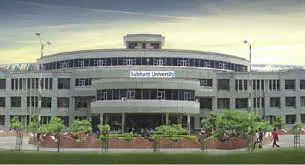
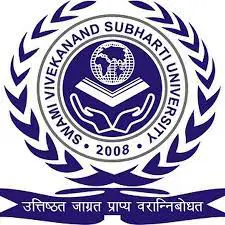


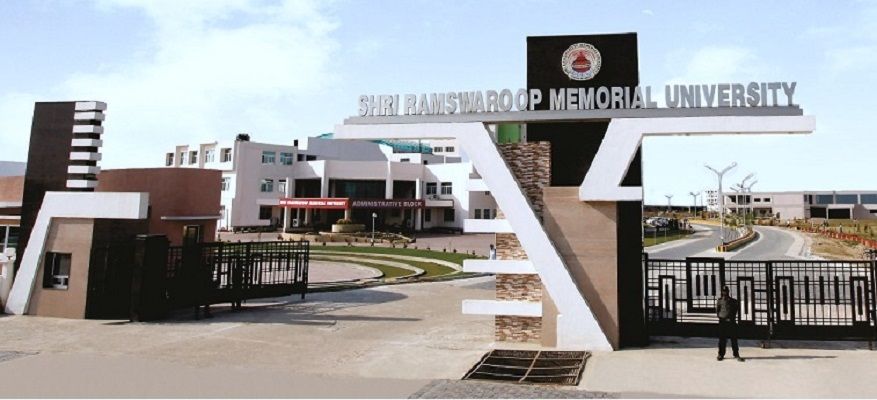
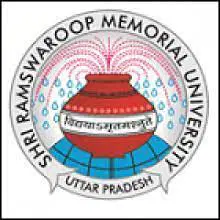


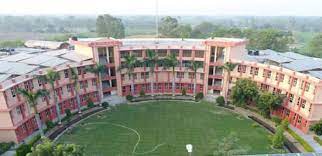

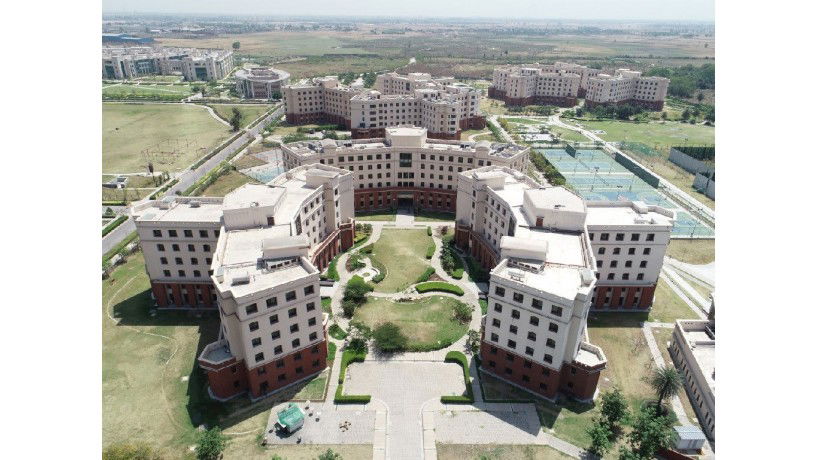

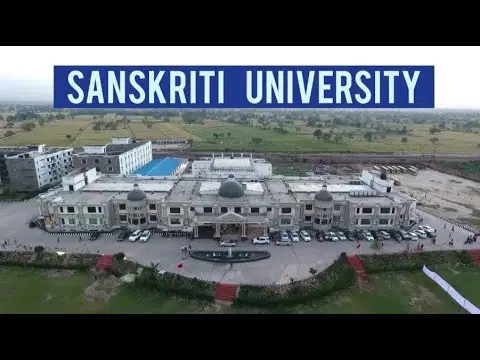

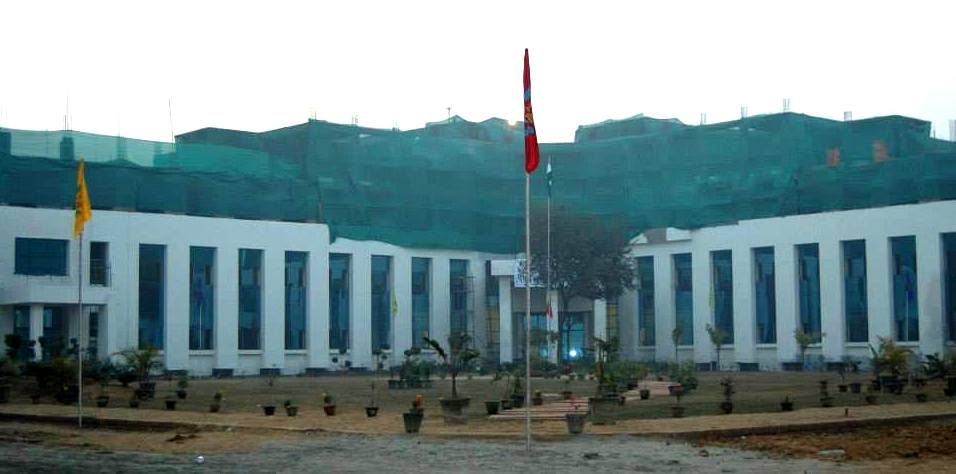

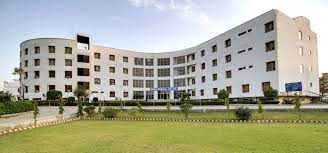




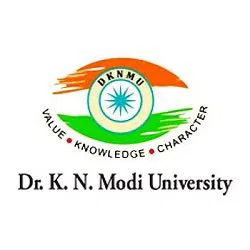
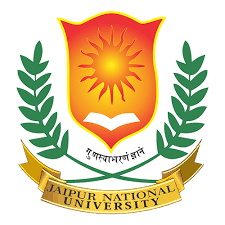
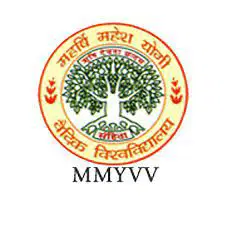


 back
back